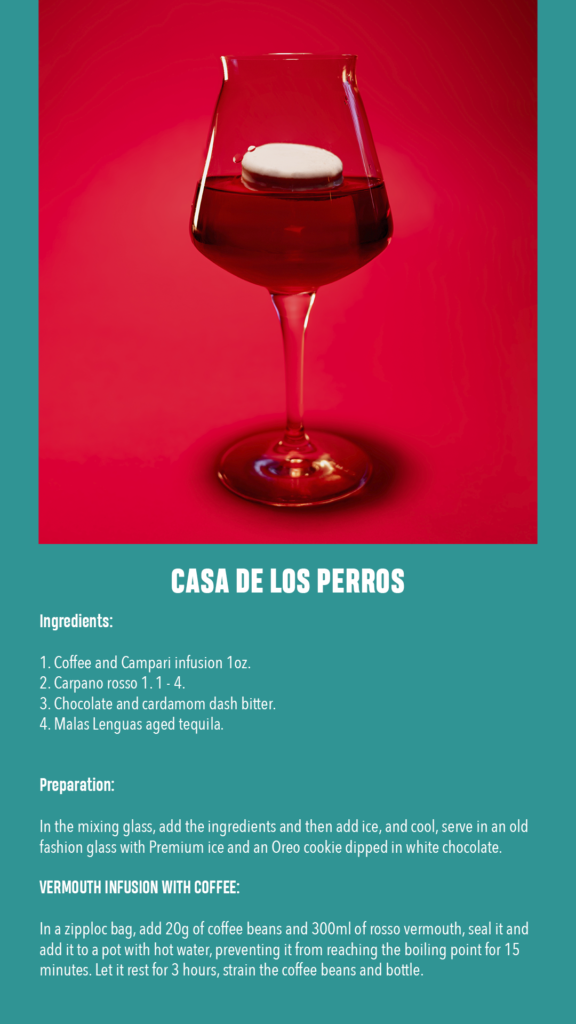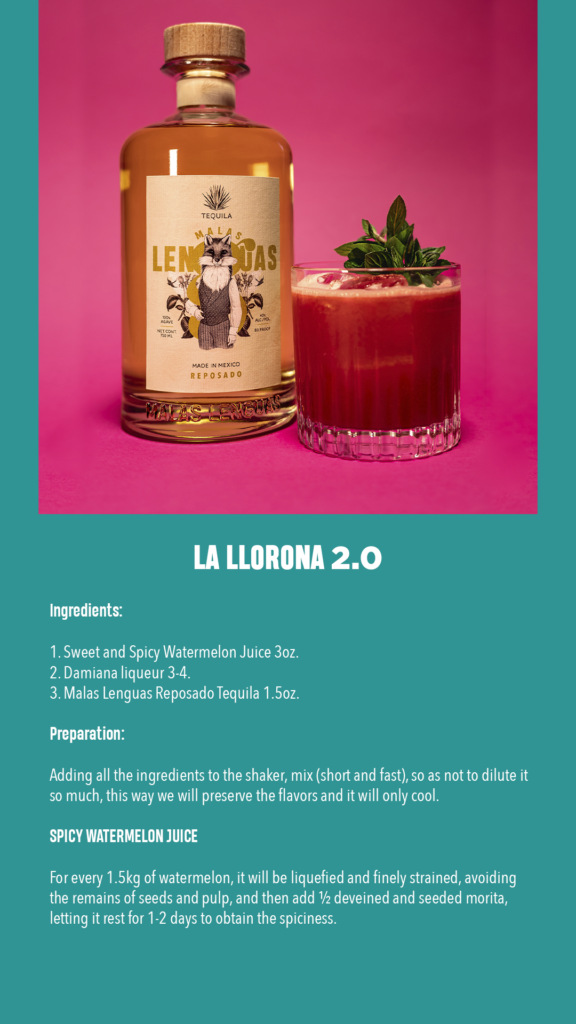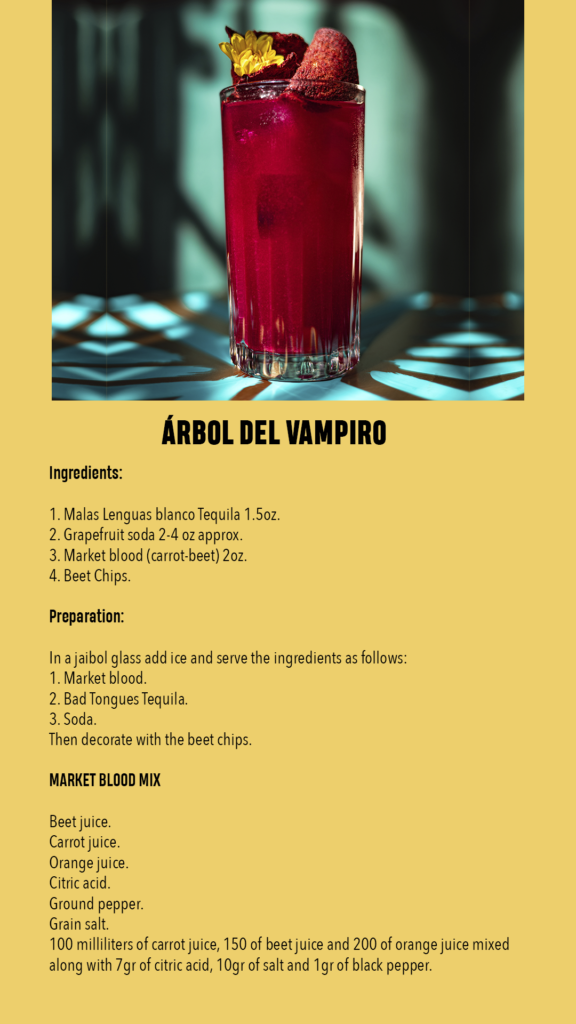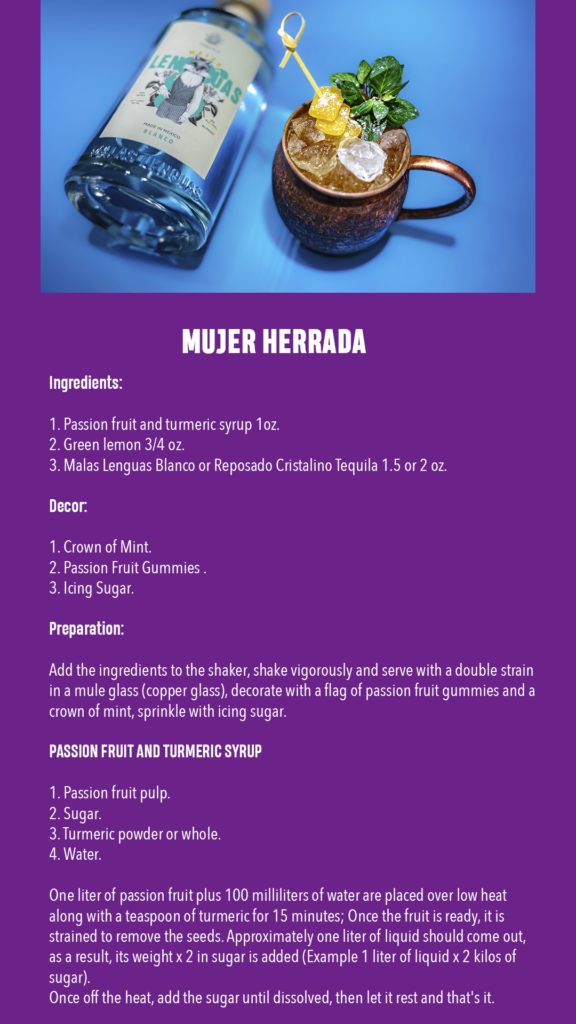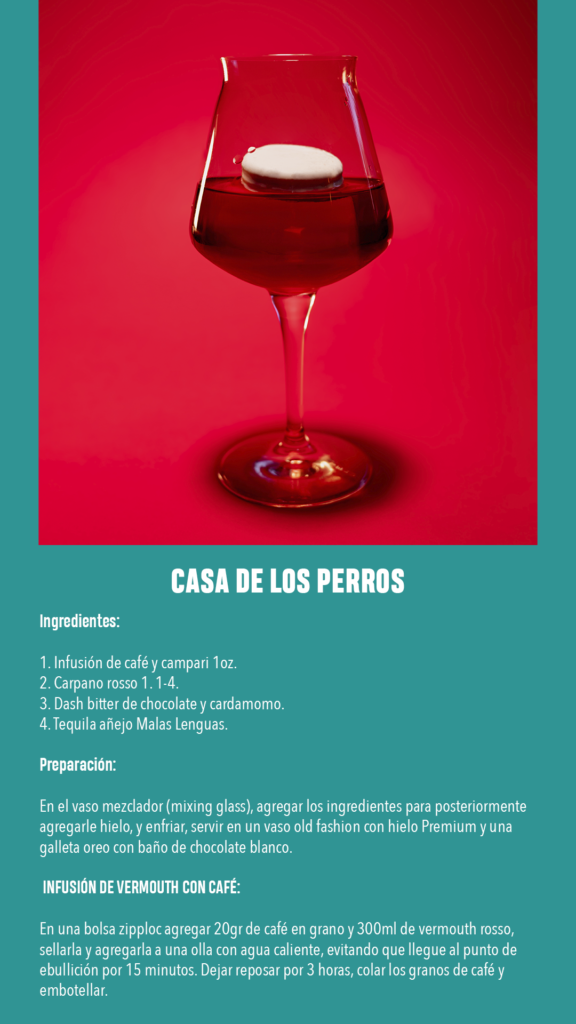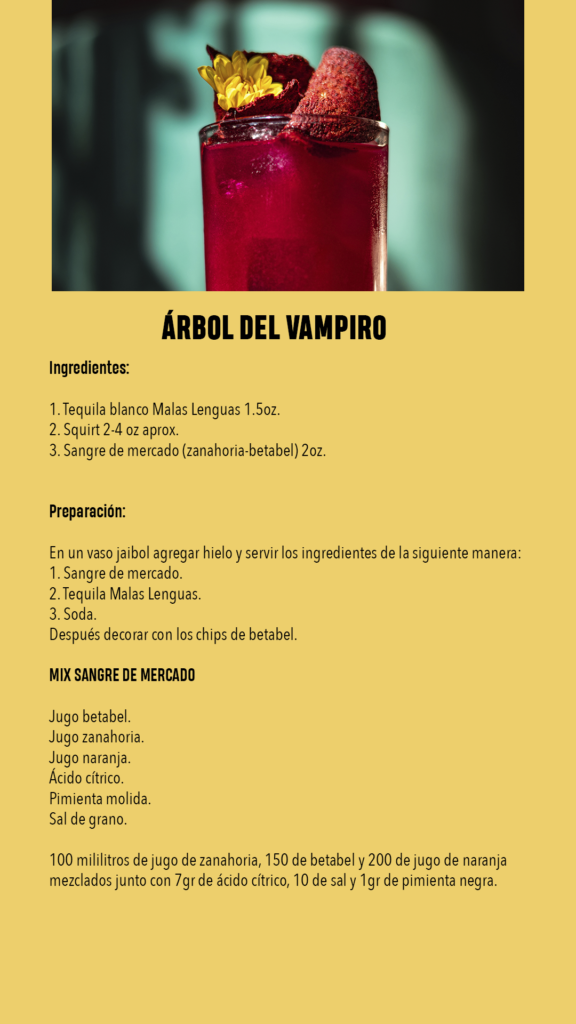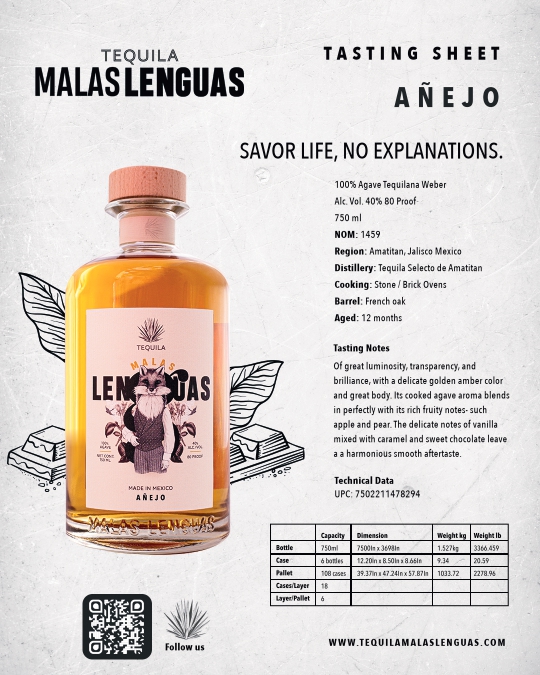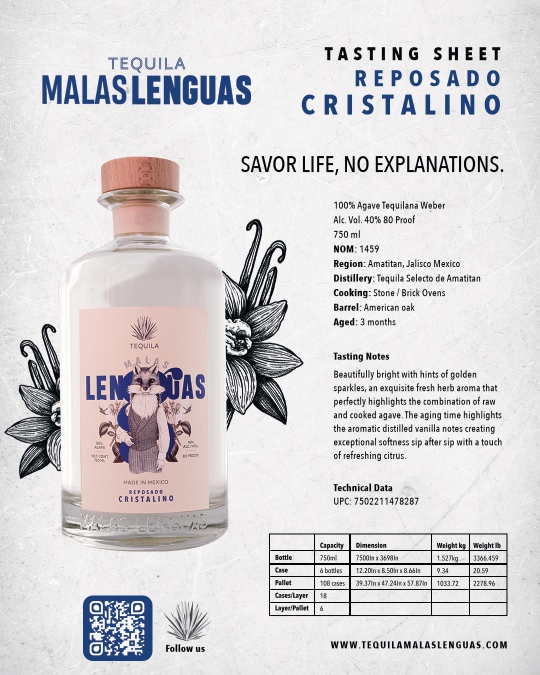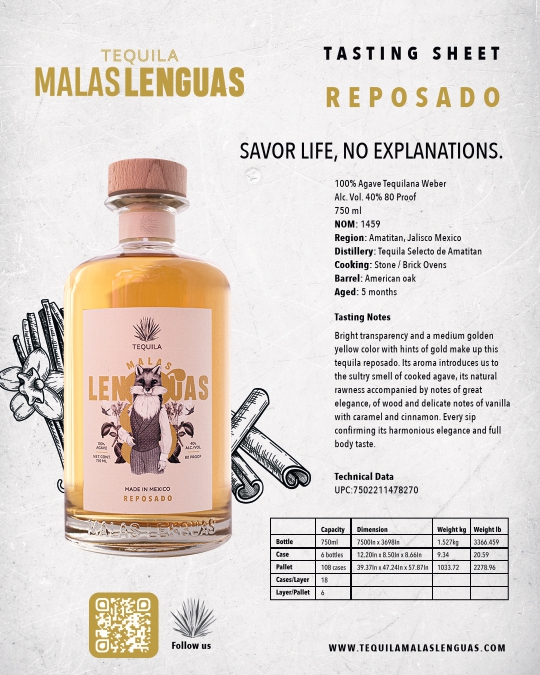1. Introduction: The Intersection of Ancient Rituals and Modern Concepts of Chance and Chaos
Throughout human history, the concepts of chance and chaos have been central to understanding the unpredictable nature of life. In ancient societies, rituals were crafted as deliberate attempts to influence these seemingly random forces. Today, we see echoes of these beliefs in modern gaming and entertainment, where symbols and rituals continue to shape perceptions of luck and order.
- The Role of Rituals in Shaping Human Understanding of Chance
- Mythological Foundations: Gods and the Manipulation of Fate
- Symbols of Divine Guidance and Control in Rituals
- Transition from Rituals to Modern Chance Mechanics
- Case Study: Gates of Olympus 1000 as a Modern Illustration
- Non-Obvious Depths: Cultural Variations and Psychological Underpinnings
- The Philosophical and Ethical Dimensions of Rituals and Chance
- Conclusion: The Enduring Legacy of Ancient Rituals
2. The Role of Rituals in Shaping Human Understanding of Chance
Ancient rituals served as a fundamental way for early societies to exert influence over the unpredictable. These practices aimed to harness divine or supernatural forces to sway outcomes of events that seemed beyond human control. For example, sacrifices to gods like Zeus or Odin were believed to secure favor, while divination methods such as casting lots or interpreting celestial signs sought to reveal hidden patterns in chaos.
By engaging in these rituals, humans developed a sense of agency, transforming randomness into something comprehensible and manageable. Rituals created a structured framework within which uncertainty was addressed, fostering psychological comfort and social cohesion. Modern parallels can be seen in how gamblers or players employ rituals—like specific gestures or superstitions—to influence their perception of luck, illustrating a continuity of this human need to control the uncontrollable.
3. Mythological Foundations: Gods and the Manipulation of Fate
Mythologies across cultures often depict gods actively manipulating fate and influencing outcomes of wars, natural disasters, or personal destinies. In Greek mythology, Zeus was known to intervene unpredictably in mortal affairs, embodying the capricious nature of chance. Similarly, Norse gods like Odin were associated with wisdom and control over chaos through rituals and sacrifices, emphasizing divine mastery over randomness.
These narratives highlight humanity’s attempt to understand unpredictable events by attributing them to divine will. The divine intervention symbolized in myths serves as a metaphoric reflection of our desire to find order within chaos. Contemporary beliefs about luck often mirror these mythic ideas, where fortune is seen as influenced by unseen divine or supernatural forces.
4. Symbols of Divine Guidance and Control in Rituals
Certain symbols have historically represented divine presence and control. Torches, for instance, symbolize eternal flames and divine illumination, guiding practitioners through rituals and emphasizing divine watchfulness. In Greek mythology, clouds on Mount Olympus conceal the gods’ true intentions, embodying divine mystery and the hidden influence over mortal affairs.
Such symbols reflect humanity’s innate desire to seek order in chaos—torches providing clarity amidst darkness, clouds representing the divine’s inscrutable nature. These visual metaphors continue to influence modern representations of luck and divine intervention, where symbols serve as bridges between the human and the divine realm.
5. Transition from Rituals to Modern Chance Mechanics
Over centuries, ritualistic concepts have evolved into formalized games and gambling mechanisms. The act of casting dice, spinning wheels, or drawing cards traces its roots to ancient divination and ritual practices aimed at predicting or influencing outcomes. Modern game designers incorporate symbolic elements—such as celestial motifs or divine figures—to evoke feelings of sacredness and luck, reinforcing the connection to ancient traditions.
Psychologically, these symbols impact players’ perceptions, fostering a sense of participation in a larger cosmic order. For example, in many online slots, themes rooted in mythological or divine imagery are prevalent, serving as modern vessels for ancient beliefs about luck and fate. This continuity underscores our deep-seated need to find meaning and control within randomness.
6. Case Study: Gates of Olympus 1000 as a Modern Illustration
The online slot link exemplifies how contemporary game design draws on ancient symbolic themes. Its aesthetic features gods, divine symbols, and celestial motifs reminiscent of mythological narratives, creating an immersive experience that evokes divine influence and chaos.
The game’s design uses symbols such as lightning, crowns, and divine figures to mirror ritualistic and mythic elements. The mechanics incorporate randomness—spinning reels governed by algorithms—that reflect the ancient tension between divine order and chaos. This synthesis reminds players that even in modern settings, the struggle to understand and influence chance remains rooted in age-old beliefs.
7. Non-Obvious Depths: Cultural Variations and Psychological Underpinnings
Different cultures have developed unique rituals and symbols to contend with chaos. For example, Chinese diviners used oracle bones to interpret the future, while Indigenous peoples employed ceremonial dances to influence weather or harvests. Despite differences, a common thread is the subconscious human tendency to seek patterns—what psychologists call apophenia—in randomness, generating a sense of control.
These cross-cultural practices reveal that rituals are not merely superstitions but deeply ingrained psychological mechanisms for coping with uncertainty. In modern decision-making, this manifests as reliance on heuristics or rituals—like lucky charms—affirming our innate drive to impose order on chaos.
8. The Philosophical and Ethical Dimensions of Rituals and Chance
Debates around luck versus skill highlight ongoing philosophical questions about human agency. Are outcomes truly influenced by divine or supernatural forces, or is chance purely random? Ethically, manipulating chance—through rituals or game designs—raises concerns about fairness and deception.
Throughout history, humans have sought control in unpredictable environments—be it through ritual sacrifice or sophisticated algorithms. This persistent quest underscores a fundamental ethical dilemma: how much should we rely on chance, and how do we ensure transparency and fairness in environments governed by randomness?
“Our ancestors’ rituals aimed to tame chaos, just as modern games serve to channel our desire for control in a digital age.”
9. Conclusion: The Enduring Legacy of Ancient Rituals in Shaping Modern Perceptions of Chance and Chaos
From mythic stories of gods manipulating fate to contemporary slot machines like Gates of Olympus 1000, the human fascination with chance remains deeply rooted in our history. Understanding this continuum enriches our engagement with modern chance-based activities, revealing that beneath the surface of digital randomness lie ancient symbols and beliefs that continue to influence us.
As we navigate an increasingly digital world, recognizing the symbolic power of rituals and myth helps us appreciate the enduring human quest for order amid chaos. These ancient principles remind us that, regardless of technological advancements, the fundamental human desire to find meaning in randomness persists across cultures and eras.




